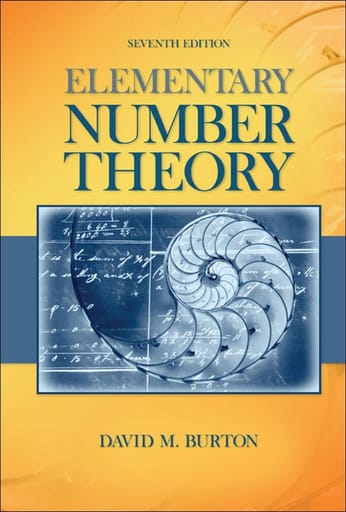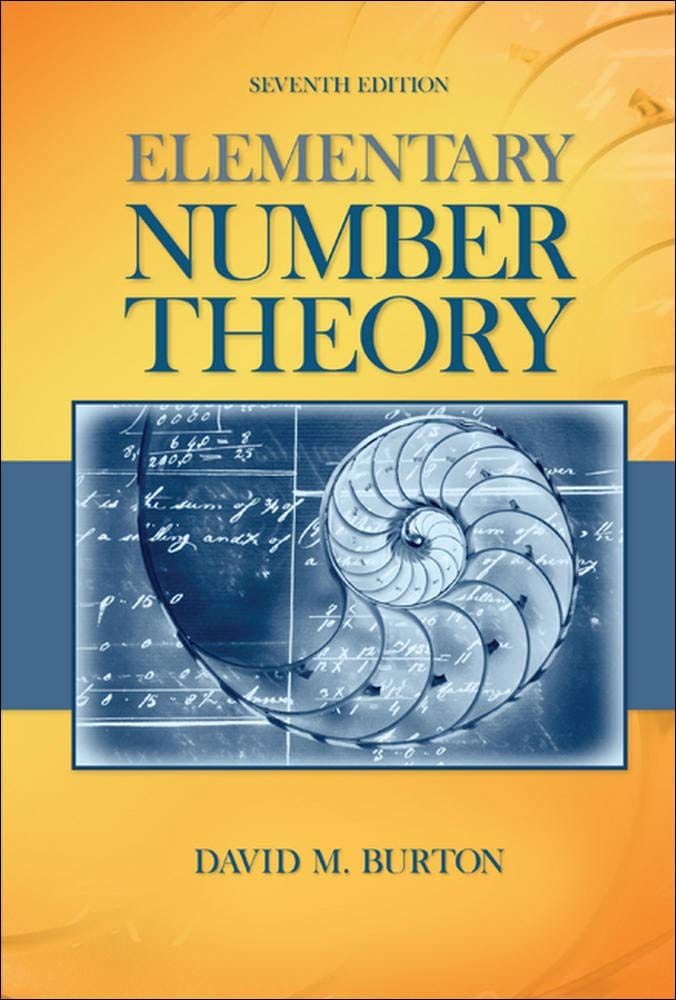
Elementary Number Theory Problems 4.2 Solution (David M. Burton's 7th Edition) Paid Members Public
My solutions for Burton's Elementary Number Theory Problems 4.2 (7th Edition)
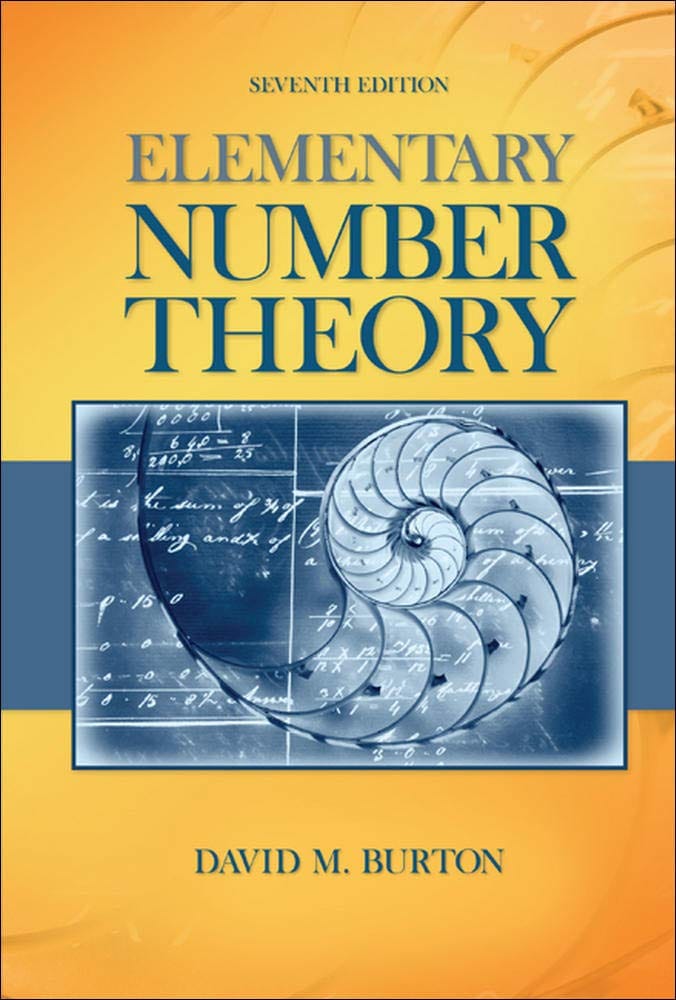
Elementary Number Theory Problems 4.2 Solution (David M. Burton's 7th Edition) - Q18 Paid Members Public
My Solution for "If $a \equiv b \pmod {n_{1}}$ and $a \equiv c \pmod {n2}$, prove that $b \equiv c \pmod {n}$, where the integer $n = gcd(n_{1}, n_{2})$."
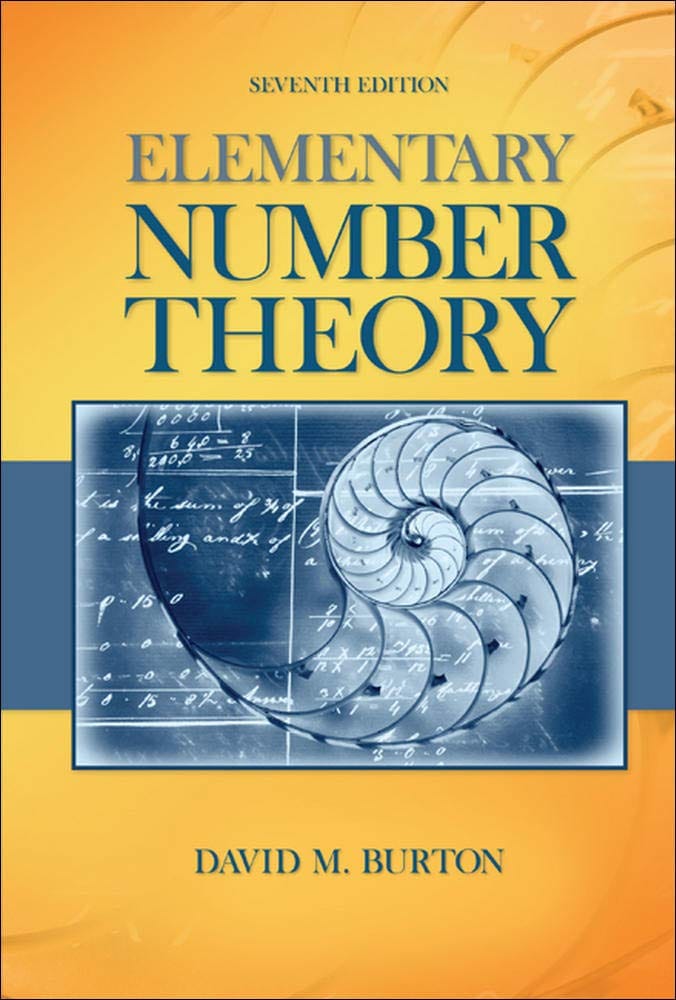
Elementary Number Theory Problems 4.2 Solution (David M. Burton's 7th Edition) - Q17 Paid Members Public
My Solution for "Prove that whenever $ab \equiv cd \pmod {n}$ and $b \equiv d \pmod {n}$, with $gcd(b, n) = 1$, then $a \equiv c \pmod {n}$."
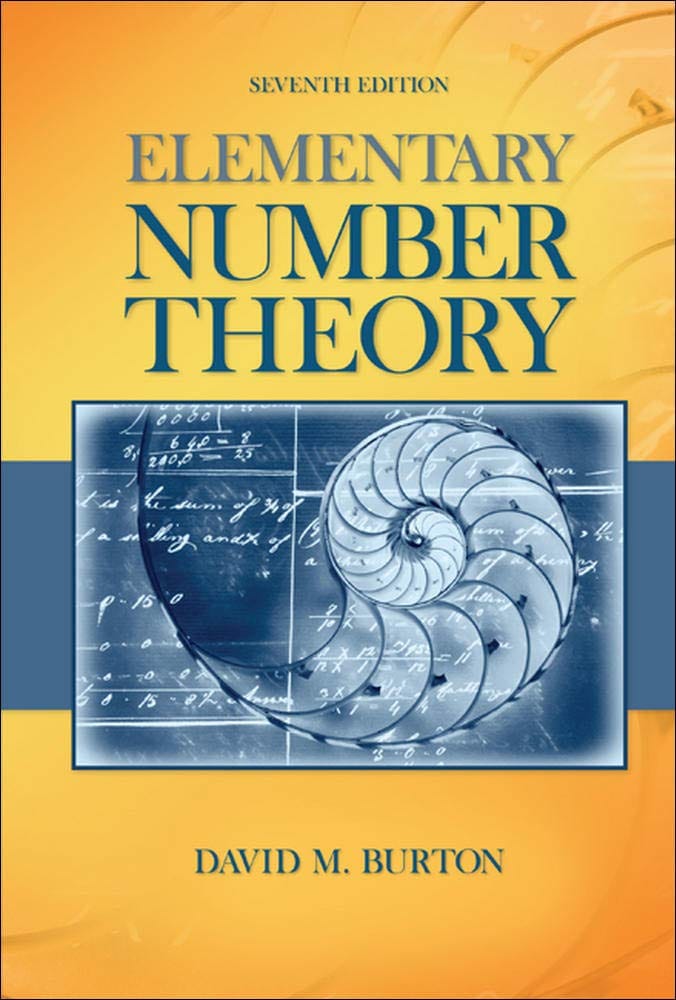
Elementary Number Theory Problems 4.2 Solution (David M. Burton's 7th Edition) - Q16 Paid Members Public
My Solution for "Use the theory of congruences to verify that $$89 \mid 2^{44} - 1 \qquad \text{and} \qquad 97 \mid 2 ^{48} - 1$$"

Techniques I learned from Playing Sekiro Paid Members Public
Struggling with Sekiro? Try the techniques I realized while playing Sekiro. From being stuck on Genichiro for four nights to mastering these techniques and defeating Isshin in just 3 hours.
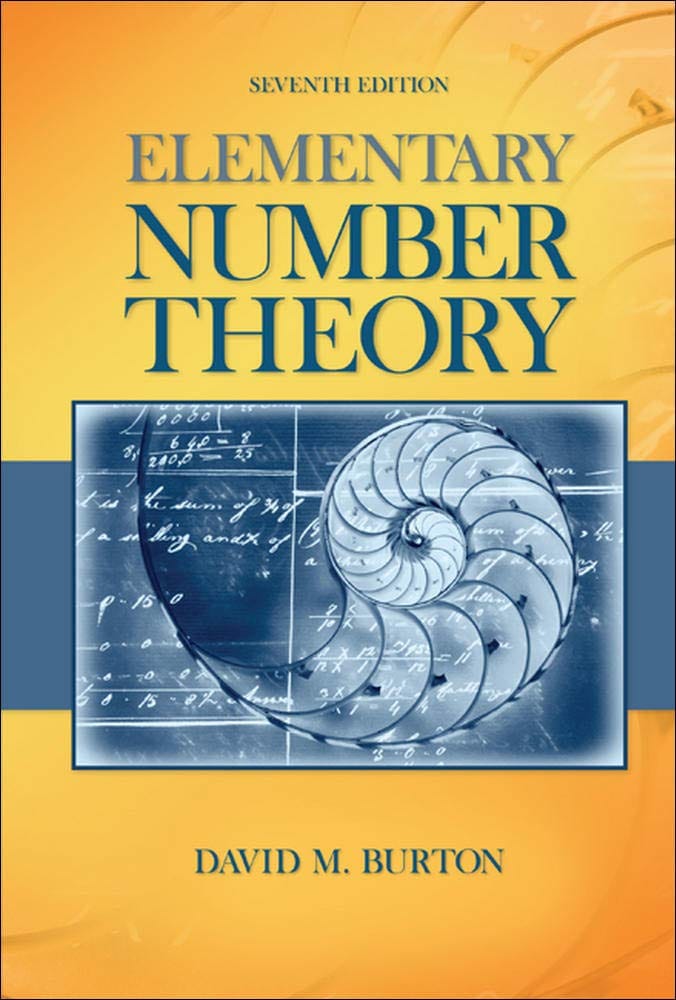
Elementary Number Theory Problems 4.2 Solution (David M. Burton's 7th Edition) - Q15 Paid Members Public
My Solution for "Establish that if $a$ is an odd integer, then for any $n \geq 1$$$a^{2^{n}} \equiv 1 \pmod {2^{n + 2}}$$ [Hint: Proceed by induction on $n$.]"
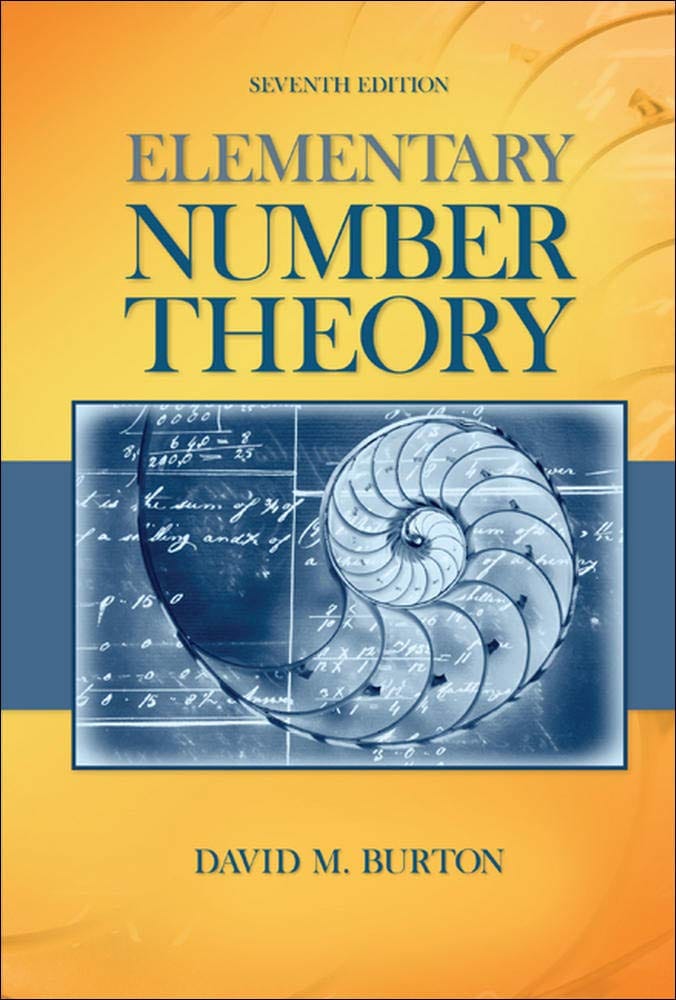
Elementary Number Theory Problems 4.2 Solution (David M. Burton's 7th Edition) - Q14 Paid Members Public
My Solution for "Give an example to show that $a^{k} \equiv b^{k} \pmod {n}$ and $k \equiv j \pmod {n}$ need not imply that $a^{j} \equiv b^{j} \pmod {n}$."

Elementary Number Theory Problems 4.2 Solution (David M. Burton's 7th Edition) - Q13 Paid Members Public
My Solution for "Verify that if $a \equiv b \pmod {n_{1}}$ and $a \equiv b \pmod {n_{2}}$, then $a \equiv b \pmod {n}$, where the integer $n = lcm(n_{1}, n_{2})$. Hence, whenever $n_{1}$ and $n_{2}$ are relatively prime, $a \equiv b \pmod{n_{1}n_{2}}$."
